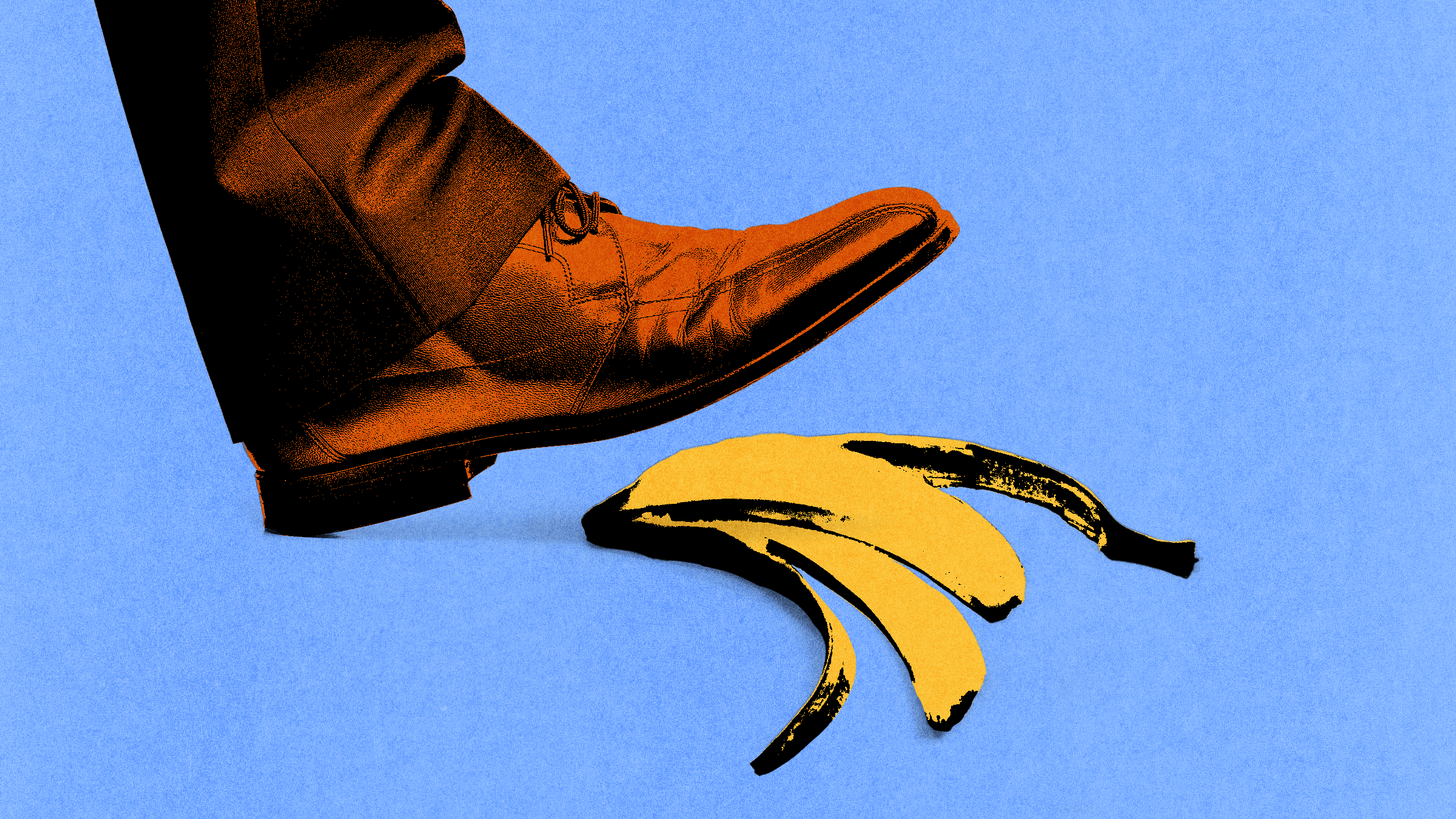Why founders should fight hardwired “hyperbolic discounting”

- Startup founders can be tempted to overly focus on the short game when weighing up crucial early hires.
- Our bias for the present is hardwired from our origins as hunter-gatherers.
- Behavioral scientists call judgment errors that favor the short game at the expense of the long game “hyperbolic discounting.”
Let’s consider a classic mistake we see teams make too often: rushing to take on a cofounder to fill an urgent gap in the founding team.
Imagine you’re right at the start of your journey, and you need an experienced sales executive. Through a mutual friend, you meet a mid-career senior sales manager at a big, prestigious company who’s eager to jump into their first startup. They offer to invest some cash and join you full-time, to reel in your first few big customers. In exchange, this person asks for a 25 percent equity stake and the title of cofounder. At this point, you have nothing but a pitch deck, a prototype app, and some informal user research.
Let’s pause and take a moment to ask, What is the true value of accepting this cofounder on these terms? At first, it seems like a great deal. You immediately get money in the bank and an expert who will handle all of your sales activities — which you would hate to do yourself — freeing you up to focus on what you really love, building the product. If that’s enough to persuade you, you might be overly focused on the short game.
Here’s how a long game evaluation might look. Let’s say your startup takes off, and in a few years it has a unicorn valuation of $1 billion. After several rounds of funding, your cofounder’s share is diluted to 5 percent, which amounts to $50 million. We find that most cofounders are recruited on the basis of just a few conversations, a LinkedIn check, and maybe one reference call to a common contact. Most people would have done a lot more research to buy a $30,000 car!
So let’s lay out a balance sheet on this head of sales. On the assets side, you have all the big customers they’ve brought in, and their cash contribution. On the liabilities side, you have anything they’ve done that has destroyed value. At a unicorn valuation, you’ve lost the long game despite crushing the short game. Now how do you feel about that $50 million expense?
This was exactly the crisis that a couple of young founders in London confided in us. They had partnered with a seasoned industry executive who came with a very rigid way of doing things, including a bureaucratic style of allocating blame and managing consequences. Their only recourse was to clean up their mess by forcing out their head of sales — but not before the trap of speed had already done a lot of damage.

Behavioral scientists call this kind of judgment error — focusing on the short game at the risk of the long game — hyperbolic discounting. Humans consistently underestimate the value of things that will benefit us far into the future.
This tendency has been tested by a wide range of experiments that sound like, well, fun party tricks. Subjects of these studies are asked questions such as: “Would you rather receive $100 today or $120 next week?” and “Would you rather receive $100 a year from now or $120 a year and a week from now?” Most respondents would rather receive $100 today than wait a week for $120. But if they have to wait at least a year anyway, they don’t mind waiting an extra week to bump it from $100 to $120. This confounds believers in rational economic thinking, because those two scenarios are identical, with the only difference being that the one-week delay will happen either now or a year from now.
We prefer Jerry Seinfeld’s take on this. He captured the irrationality of hyperbolic discounting in a stand-up routine called “Night Guy versus Morning Guy.” Night Guy can stay up as late as he wants, with no consequences. But what about feeling terrible in the morning after less than five hours of sleep? “That’s Morning Guy’s problem,” Seinfeld says. “Night Guy always screws Morning Guy. . . . There’s nothing that Morning Guy can do to get back at Night Guy. The only thing Morning Guy could do is to try to oversleep enough times so that Day Guy loses his job, and Night Guy has no more money to go out.”
Our bias for the present is hardwired from our origins as hunter-gatherers … Translated to the modern world, this instinct explains why it’s easier to sell medicine to treat a disease than insurance to protect against future risks.
Our bias for the present is hardwired from our origins as hunter-gatherers. If your ancestors found a scrawny, bony antelope, they would expend energy immediately to hunt it down, kill it, and eat it. They wouldn’t let the bony antelope pass to save their strength to possibly chase a heftier one later. What if a heftier antelope didn’t show up for another two weeks? You can’t be picky when you don’t know where your next meal is coming from.
Translated to the modern world, this instinct explains why it’s easier to sell medicine to treat a disease than insurance to protect against future risks. Or why people fail to take fairly easy steps to protect their data, despite saying they value personal data privacy.





